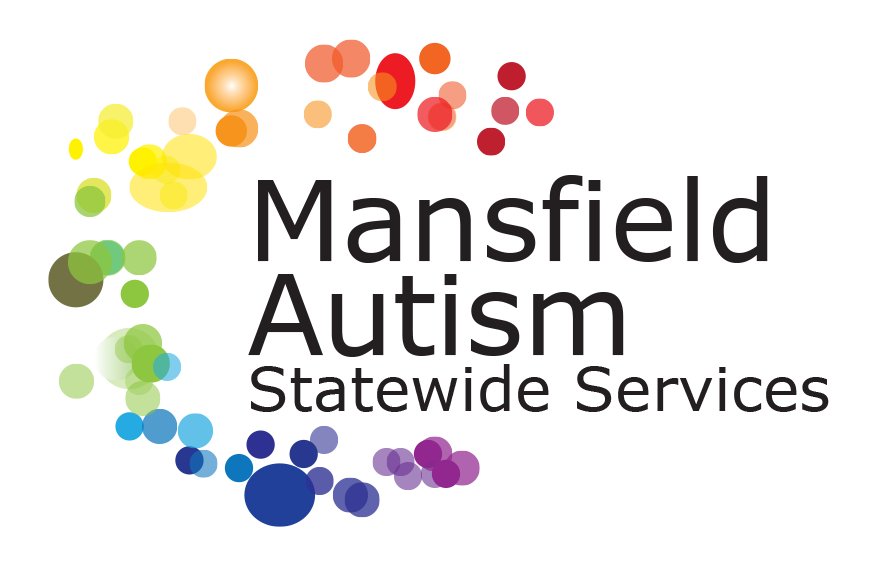Child safe policy
Mansfield Autism Statewide Services has zero tolerance for child abuse and is committed to acting in children’s best interests and keeping them safe from harm. Mansfield Autism regards its child safety responsibilities with the utmost importance and as such, is committed to providing the necessary resources to ensure compliance with all relevant child safety laws and regulations to maintain a child safe culture and environment.
Mansfield Autism complies with the eleven compulsory Victorian Child Safe Standards (VCSS) in all parts of the organisation:
- A culturally safe environment
- Child safety in leadership, culture and governance
- Children are empowered and participate in decisions
- Families and communities are informed and involved
- Equity upheld and diverse needs respected
- Staff and volunteers are suitable and reflect child safe values
- Complaint and feedback procedures are child focused
- Staff and volunteers engage in ongoing training
- Physical and online environments promote safety
- Child Safe standards and policies regularly reviewed
- Policies and procedures document safety for children
Mansfield Autism is committed to an organisational culture of child safety through the implementation of the Child Safe Policy and Procedures. Effective leadership by the Board, the CEO and all staff strengthen and maintain a zero tolerance for child abuse.
Several actions and services support ongoing culture of child safety and include:
- Child Safe program of education and support for all staff
- Child Safe Code of Conduct
- Child Safety Officers
- Clear guidelines for reporting child abuse concerns
- Creating an environment supportive of all children and young people, including Aboriginal and Torres Strait Islander children, and children and families with culturally diverse backgrounds.
Download a copy of our Child Safe Policy here: HS14 Child Safe Policy
